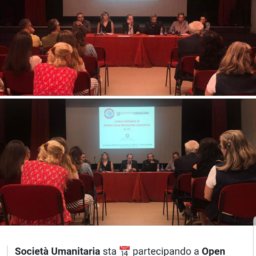
Furthermore, the civil liability of the phisher is accentuated by multiple further violations sanctioned by the privacy legislation”.
Alternatively, the user can also contact the Financial Banking Arbitrator (ABF), a body introduced by art. 128-bis of law 262/2005 ("Banking Law"), for the out-of-court settlement of disputes between customers, banks and other intermediaries concerning banking and financial transactions and services.
Recourse to the ABF obviously does not preclude access to ordinary civil proceedings, given that the decisions of the same are not binding.













